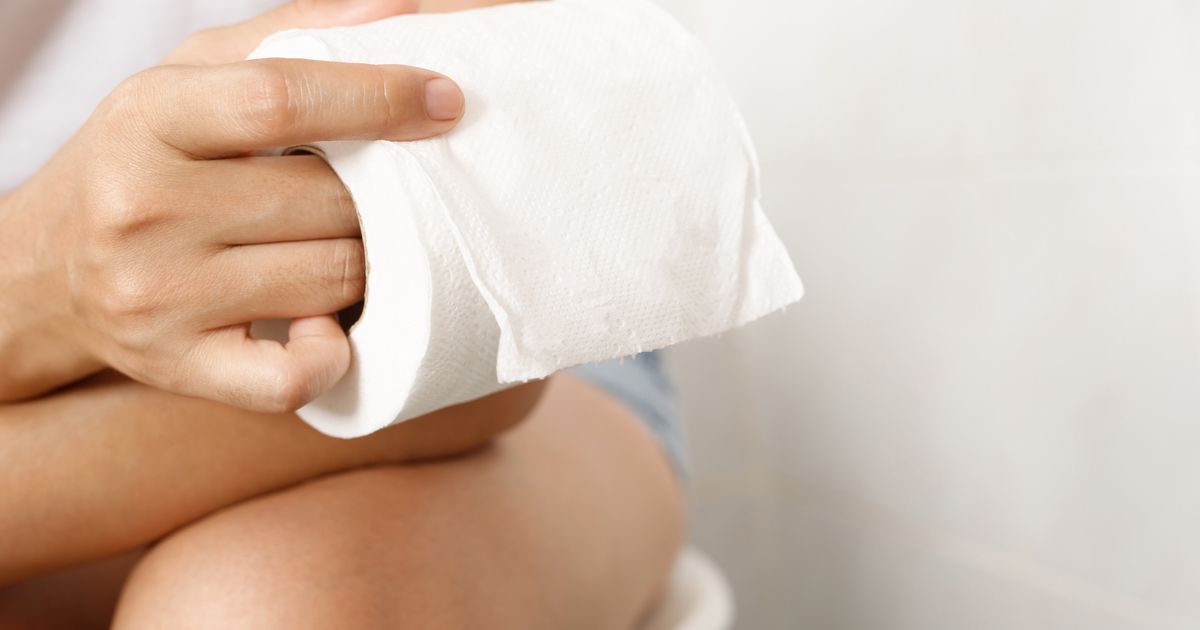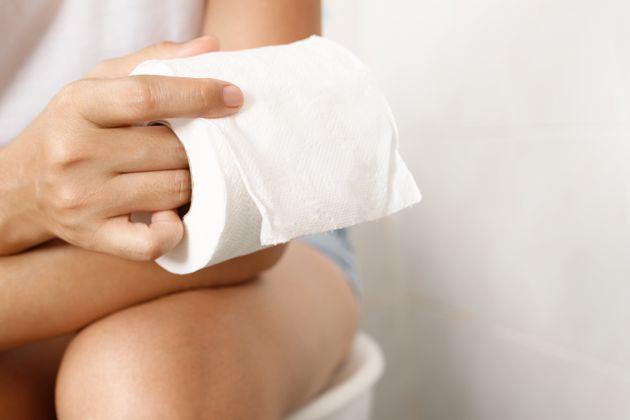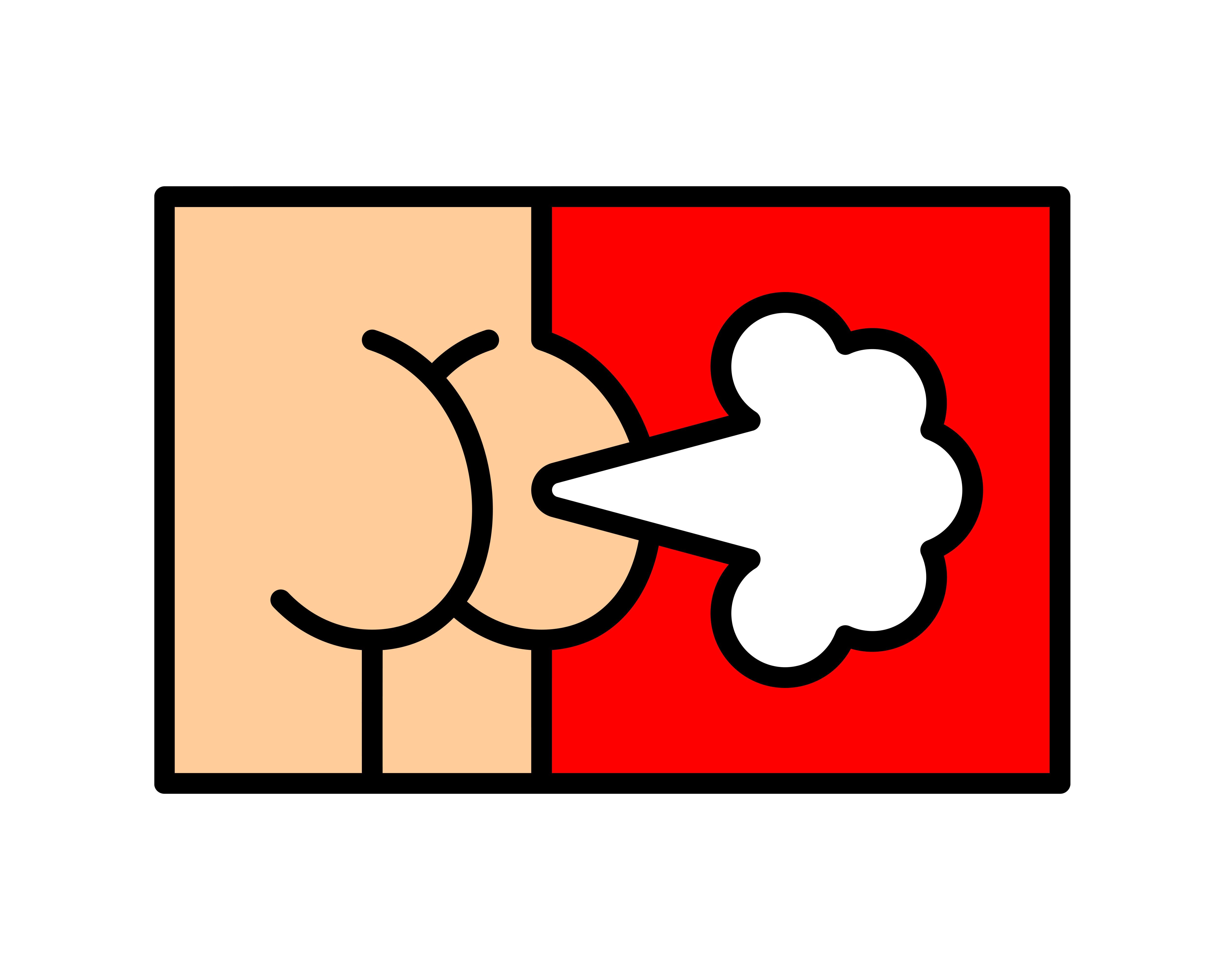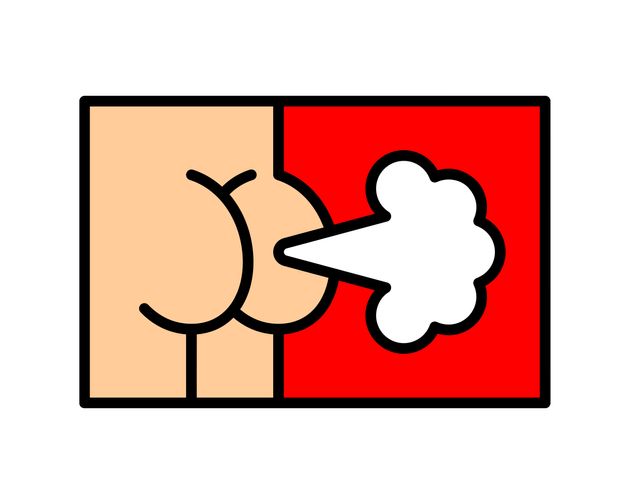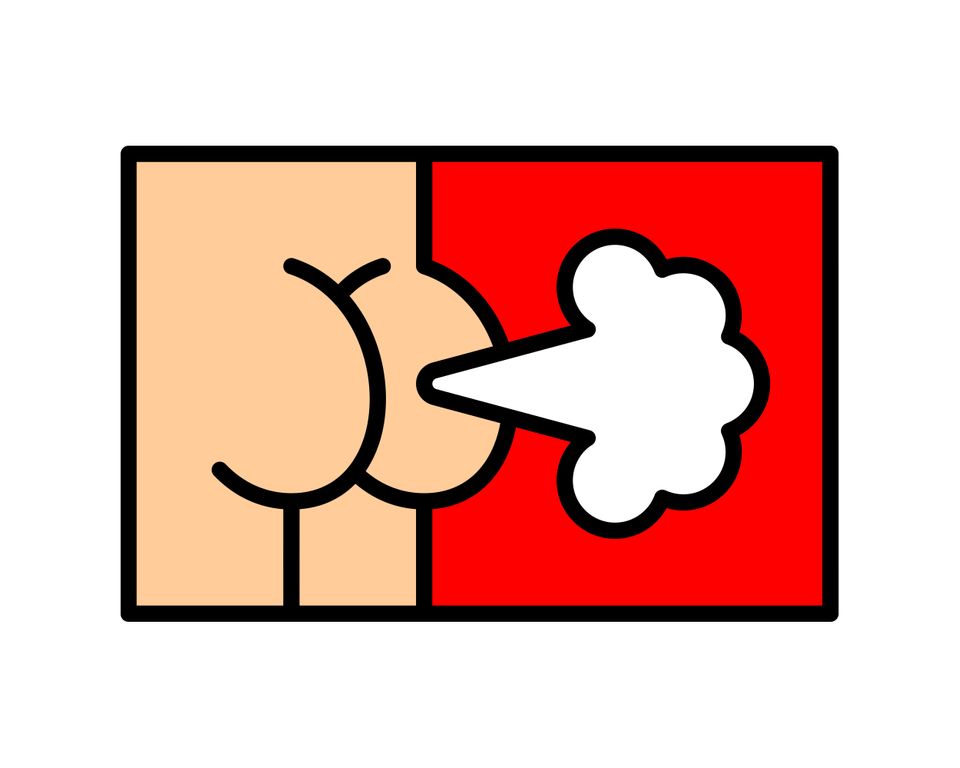Have you ever wondered why you have earwax or why you fart? Although these bodily functions might seem gross, they are actually beneficial to maintaining your overall health. So even though they may be stinky, unsightly or a huge nuisance – you need them for optimal functioning.
To provide more insight on the most common disgust-inducing body mechanisms, we chatted with a few doctors on what you might notice and why they happen. Here’s what to know:
1. Earwax
If you’ve noticed a clogged feeling in your ears, then it may be due to a buildup of earwax, also known as cerumen. However, when it’s not causing damage and discomfort, earwax is actually good for you.
“Not only is earwax normal, it’s necessary. Earwax protects the ears from things that could hurt the eardrum, such as dust, hair or small insects,” says Dr. Jaclyn Railsback, an internal medicine physician at Cleveland Clinic Florida Weston Hospital.
Certain factors that may affect the amount of earwax you have include previous ear surgery or trauma, recurrent ear infections, or wearing hearing aids or deep earplugs.
“Unless there is a serious condition, such as hearing loss or infection, it is best to leave earwax alone in most cases,” Railsback says.
2. Leaky nipples
Not everyone has leaky nipples, however, those who just had a baby will likely experience this phenomenon.
“Your body would rather produce too much milk than not enough in the early stages of breastfeeding,” says Dr. Whitney Casares, the founder and CEO of the Modern Mamas Club. “All that extra milk can get messy as your body works out the balance of supply and demand between you and your baby and you may end up with leaky nipples and a wet shirt.”
Leaky nipples are a normal part of the breastfeeding process and are a clear sign of heavy milk production for nursing people. That said, if other discharge leaks from the nipples, or if there’s pain, you’ll want to consult with your doctor to rule out any underlying conditions.
3. Flatulence
While passing gas may be embarrassing and gross, it’s a natural result of the digestive process.
“It is a way for your body to expel both swallowed air as well as the fermented byproducts of undigested food,” says Dr. Brett Mendel, a gastroenterologist and Everlywell adviser.
The volume and frequency of flatulence can vary greatly between individuals and can be affected by diet, activity level, antibiotic use and even altitude.
Additionally, farting may indicate that your diet is high in fibre which can signal improved gut health and that of the microbiome. Plus, it can help prevent unwanted stomach pain and bloating which is commonly caused by “holding it in”.
While farting is normal, too much may not be a good thing. “Excess gas leading to bloating and abdominal pain can be signs of serious medical conditions you should share with your doctor,” Mendel says.
According to Healthline, excessive flatulence is categorised as farting more than 20 times per day. While this is frequently caused by diets high in fibre, in some rare cases it can be indicative of other issues such as Crohn’s disease or dumping syndrome.
4. Burps
You’ve probably been told not to belch at the dinner table, but sometimes you just have to let it out for your health.
“Burping is the body’s way of expelling excess gas from your stomach and even though it seems gross, it is a normal bodily function,” Railsback says. “When we swallow food or drinks, it goes through the esophagus and into the stomach where stomach acids and digestive enzymes work to break food down into nutrients that we use for energy which creates gas during the process.”
If you always hold in your burps because you’re embarrassed or they are just not something you like to do, then you might experience bloating and an overinflation of the stomach that may cause discomfort.
While burping a few times isn’t a cause for concern, if it persists, then you might want to take a trip to the doctor’s office. “While burping is a normal function, it can be associated with certain conditions like GERD, indigestion, gastritis, ulcers and IBS,” Railsback says.
5. Vaginal discharge
While using the restroom, you might notice some discharge when you wipe. Although this clear jelly-like substance might seem gross, it’s actually a sign of a healthy reproductive system.
“Vaginal discharge is a way your body carries away dead cells and bacteria, keeping the vagina clean and preventing infection,” Casares said.
While discharge is normal, Casares noted that if your discharge has a fishy odor, causes itching or changes color, you’ll want to get checked out by a medical professional to rule out any underlying conditions or infections.
6. Mucus
After blowing your nose, you’ll most likely see mucus in a tissue. Mucus is naturally produced by the cells in your mouth, throat, nose and sinuses.
“Mucus plays an important role in lubricating and protecting your upper and lower airway,” Railsback says. “Its slippery consistency helps trap potential irritants as it contains special antibodies and proteins to help fight harmful germs that may be introduced into your respiratory tract.”
Railsback noted that healthy mucus tends to be thin and clear, but if you’re sick or have other lung disease, mucus can become thick, colourful and can potentially cause difficulty breathing.
7. Pooing
As the popular saying goes, “everybody poops.” While it may not smell pleasant, “bowel movements are the mechanism for our body to get rid of materials that cannot be digested,” Mendel says. “It is generally accepted that normal bowel movements are from three times a day to three times a week.”
According to the Bristol Stool Chart, a “sausage-like” poop with cracks or a “smooth soft sausage or snake-like” type of poop is ideal (Types 3 and 4). Anything that falls too far out from the descriptions above should be flagged to a professional for evaluation.
While pooping is healthy, alterations in bowel movements can be an indicator of overall health. For example, if you have chronic constipation, diarrhea, or blood in your stool, you’ll want to schedule an appointment with your physician.
8. Pus
When you get an infection, like a staphylococcus (a bacterial infection) or folliculitis (infection of a hair follicle), you might notice that pus develops. While it may be an eyesore to look at, pus is actually a good thing.
“The white stuff coming out of an infection ― known as pus ― is the collection of defensive white blood cells that are attacking bacteria to trap and kill them,” said Dr. William Li, a doctor and author of Eat To Beat Disease.
It’s usually normal to have some pus present shortly following the presence of a wound – around one or two days after. This means that the white blood cells have flocked to the open wound and are working to fight germs and bacteria. If the wound is healing, it’ll usually be odour-free and not show signs of discolouration.
When you get an infection, however, the pus may smell and the wound may be hot to the touch so you’ll want to be sure to head to the doctor to get it treated and prescribed medication to clear it as soon as possible.




